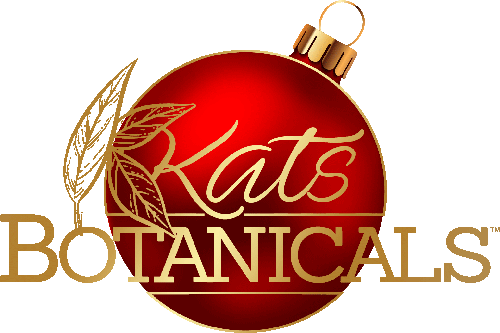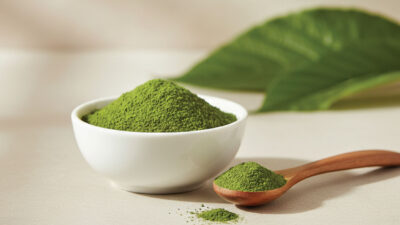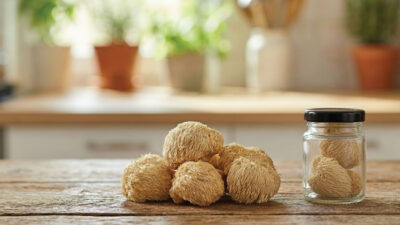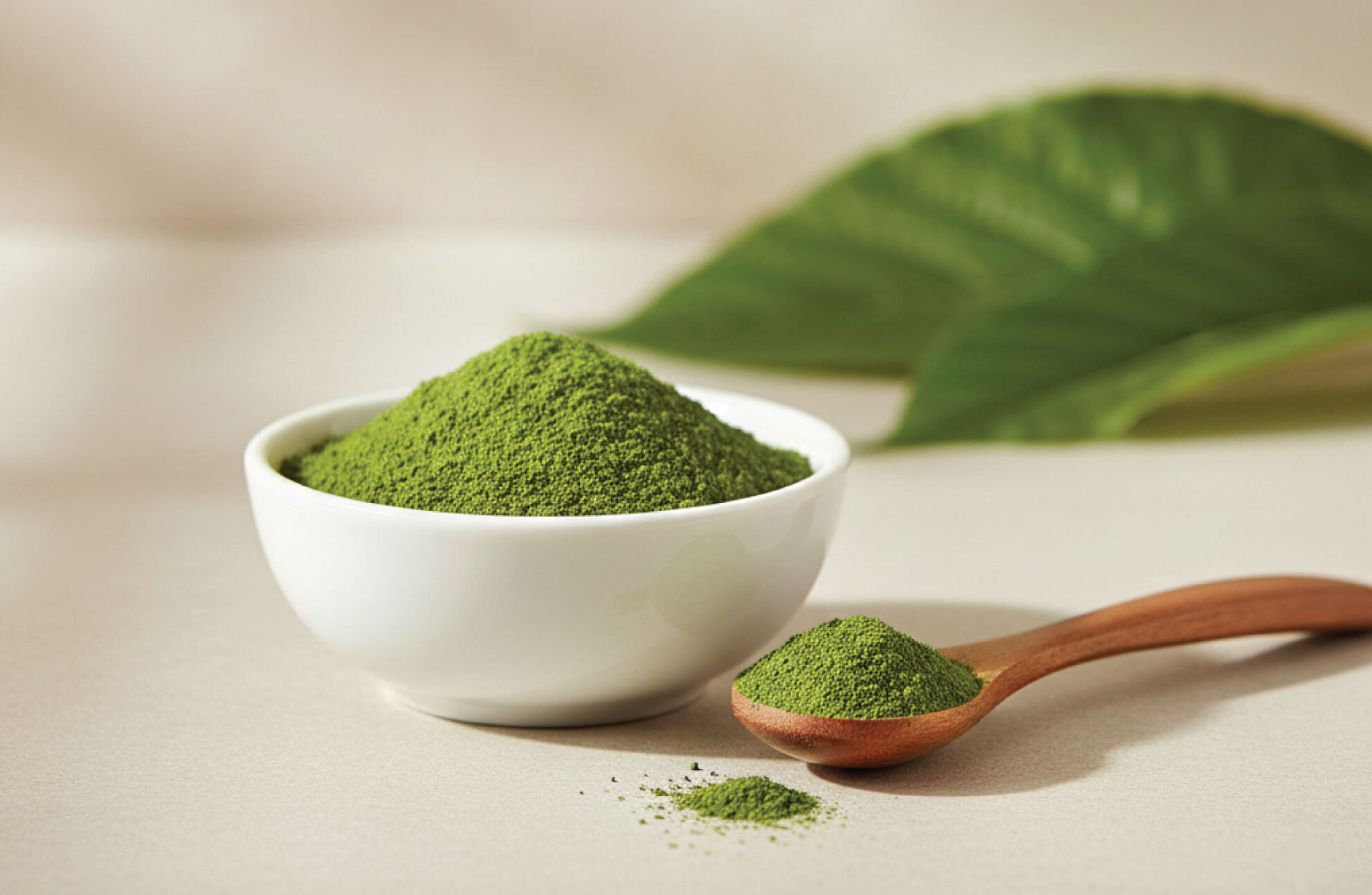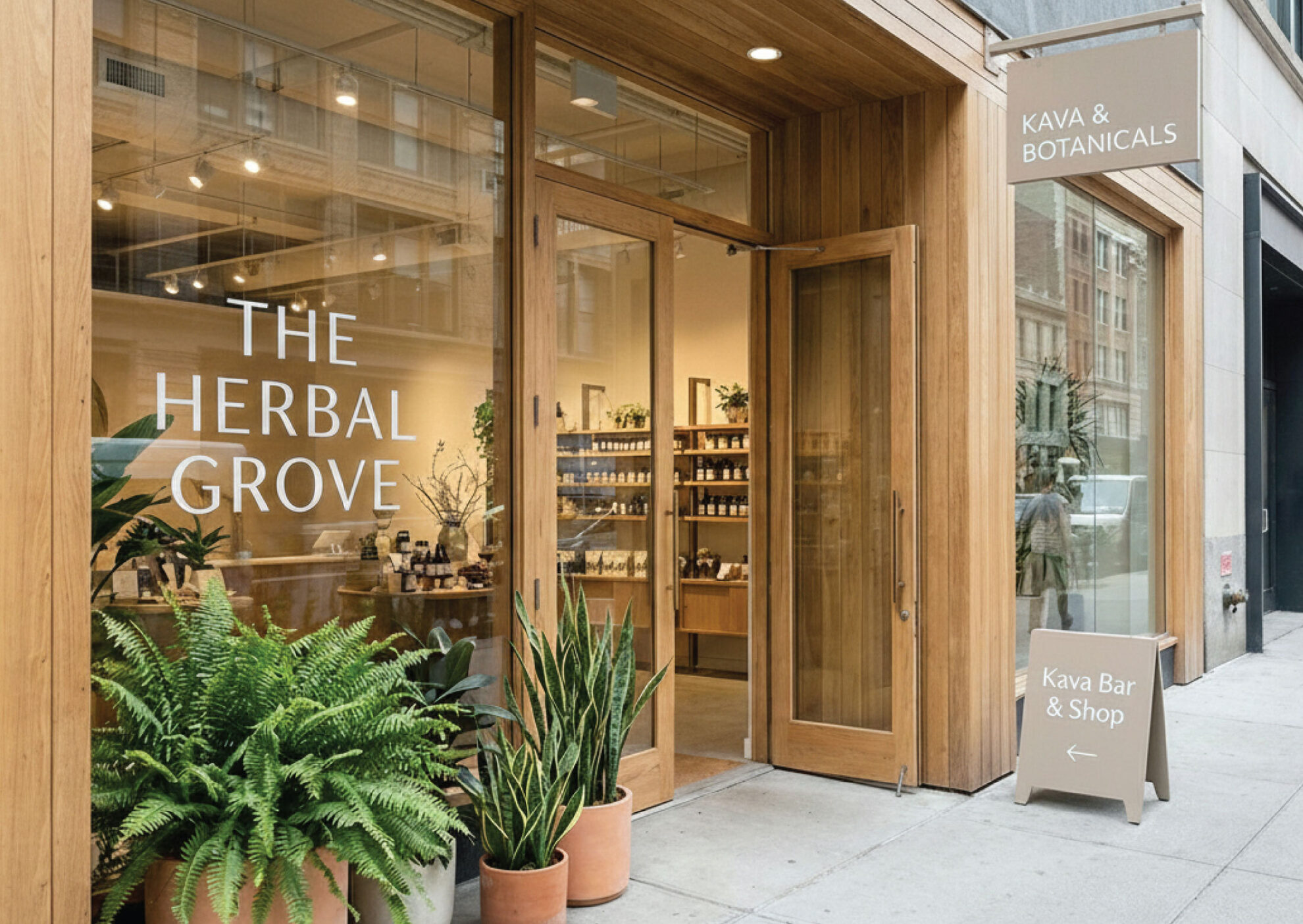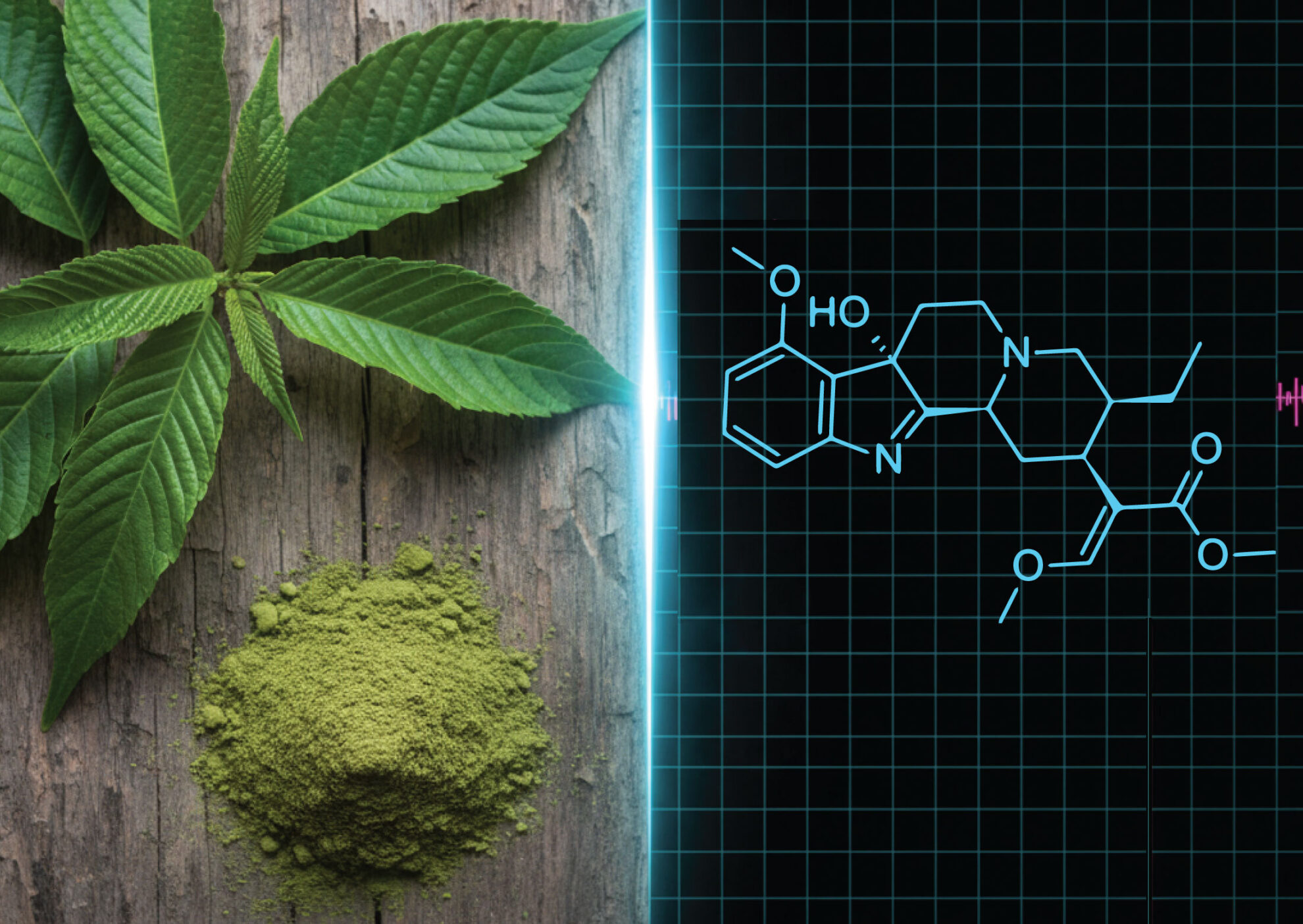You’ve probably seen it on the shelves next to energy drinks and CBD gummies, bottles and blister packs labeled Kratom, sitting right in your local gas station. But what exactly is gas station Kratom, and why is it raising eyebrows among wellness insiders?
Gas station Kratom refers to Kratom products sold in convenience stores, smoke shops, or truck stops, places known more for impulse buys than for high-quality botanicals. And while these products may seem like a quick fix, there’s a lot more going on behind that glossy packaging than meets the eye.
Most Kratom users discover this botanical through trusted online vendors who emphasize quality, lab testing, and transparency. But the moment Kratom entered the convenience retail world, it also stepped into a riskier space, one where regulation is scarce, ingredients are murky, and the safety of what you’re putting in your body can’t always be guaranteed.
So why is Kratom sold at gas stations in the first place? What makes these products different from the kind you’d find from a vetted source? And how can you tell the difference between a safe botanical and a potentially risky blend? This guide breaks it all down, no scare tactics, no hype. Just clear, real talk about what’s in those little bottles and why choosing wisely matters.
Because if you’re going to use Kratom to feel better or unwind naturally, shouldn’t you know exactly what you’re getting?
Why Kratom Is Sold at Gas Stations and Convenience Stores
It’s easy to assume that something sold at a gas station is convenient, cheap, and harmless. But when it comes to Kratom at gas stations, there’s a different story behind why it shows up there in the first place.
Kratom has surged in popularity over the last decade, with users turning to it for everything from relief to relaxation to social support. As demand grew, so did the market, but not always in a good way. Convenience stores and smoke shops saw an opportunity to cash in on Kratom’s buzz, stocking quick-grab products with flashy labels and vague ingredient lists.
Here’s why you’re seeing it more and more on store shelves:
High Demand Meets Low Regulation
Unlike pharmaceuticals or even supplements with FDA oversight, Kratom exists in a gray area. Kratom is legal in many places but largely unregulated. That means anyone can package and sell it, often without proper testing or labeling. Convenience stores, always looking for trending items with high profit margins, jumped in quickly.
Further, smoke shops are often small businesses with a single person or family as the owner. Interests in stock products may be more about profits and less about knowledgeable service on those products. Kratom knowledge, then, can vary wildly from one smoke or vape shop to another. In other words, you may be buying blind with a sales clerk who may offer you misinformation to make the sale.
See: Choosing a reputable Kratom vendor.
Impulse Appeal
Gas station Kratom is often placed right at checkout, appealing to customers who are curious, in a rush, or unaware of what high-quality Kratom should look like. It’s marketed similarly to energy shots or low-quality CBD products, making it seem like a harmless way to get in a quick Kratom dose.
Note: CBD products sold in gas stations or smoke shops may also carry similar risks. Learn how to choose reputable, effective CBD products for your wellness.
Cheap to Produce, Easy to Sell
Many of these products are mass-produced using the cheapest possible ingredients, sometimes with synthetic additives or fillers. They often lack batch numbers, lab reports, or clear dosing guidelines. And because they’re sold in places without staff trained in herbal safety, buyers are left to figure it out themselves.
The result? A wide range of products that vary wildly in quality and potency, and a public that’s not always sure what it’s getting.
Understanding the difference between gas station Kratom and trusted botanical options starts here. Let’s take a look at what’s actually inside these quick-fix Kratom products. And, how these Russian roulette “Kratom” products can’t even compare to the quality and consistency you can get with responsibly sourced Kratom blends.
See: American Kratom Association warns about using gas station Kratom products. The AKA has voiced that many of these products shouldn’t even be called Kratom, and “applauds” the FDA’s “crackdown” on “dangerous” and “chemically manipulated 7-OH, Pseudoindoxyl, and ‘M’ Products”.
Is Gas Station Kratom Safe? What You Need to Know
Just because you can buy Kratom at a gas station doesn’t mean it’s safe. The truth is, many of these products come with serious quality and safety concerns. Unlike regulated supplements, there’s little oversight to protect consumers from contamination, mislabeling, or even synthetic additives.
No Testing, No Transparency
Most gas station Kratom brands don’t publish third-party lab tests or even basic quality control info. That means you have no way of knowing what’s in the bottle (or what’s not). Products may contain heavy metals, microbial contaminants, or undisclosed ingredients and fillers, which raises serious questions about long-term safety.
Learn more: If you’re looking for lab-tested Kratom with verified purity, check out Kat’s Botanicals’ guide to 7-Hydroxymitragynine and Mitragynine. Our Kratom experts analyze the science behind Kratom alkaloids (real ones, not the dangerous lab-produced synthetic ones) and demonstrate how we provide consistent potency and integrity.
Check out our customers’ authentic Kratom reviews to see what others are saying about our products.
Potentially Dangerous Ingredients
One particularly dangerous ingredient should make your “red flag” list: Tianeptine. This ingredient is one of many potential additives with FDA warnings. This ingredient has also been referred to as “gas station heroin” further demonstrating a lack of clarity in gas station Kratom products.
Because many gas station Kratom products are not labeled well, this sneaky additive may come as a surprise. Other dangerous additives include synthetic 7-OH, which is trending in the US for its fast onset and (some would argue dangerously) high potency.
The “Gas Station Heroin” Concern
Public health officials and media outlets have increasingly sounded the alarm over gas station Kratom products, sometimes referring to them as “gas station heroin” due to their unpredictable effects and lack of regulation. According to the FDA’s official Kratom warning, the agency has received multiple reports of contamination and adverse reactions tied to unregulated Kratom products.
Legal Does Not Equal Safe
Just because it’s sold legally doesn’t mean it’s been vetted for safety. The CDC’s research on Kratom-related deaths indicates that many incidents involved products that were adulterated or used irresponsibly. And while the plant itself may have a long history of traditional use, poorly manufactured versions can introduce new risks.
The takeaway? Gas station Kratom isn’t just lower quality; it may be unsafe. Up next, we’ll compare it directly with high-quality online options so you can understand exactly what makes one trustworthy and the other potentially dangerous.
Learn more: How to use Kratom Powder responsibly.
What Are the Risks of Buying Kratom at Gas Stations?
When you pick up a Kratom shot or capsule from a convenience store shelf, you’re not just gambling with effectiveness; you might be risking your health, your wallet, or both. The downsides of buying Kratom at gas stations go far beyond quality. They often involve real safety concerns that don’t come with a warning label.
- No lab testing
- Unknown potency
- Risk of adulterants
- Dangers of withdrawal
- Possible mold or spoilage
- No verified source
- Overpriced junk
- More side effects (or worse ones than with regular Kratom powder)
Health Risks
Because gas station Kratom products aren’t required to go through third-party testing, there’s no guarantee they’re free from contaminants. Some batches have been found to contain heavy metals, mold, bacteria, or even synthetic opioids. The FDA has warned against using unregulated Kratom products, especially ones with 7-OH additives, citing that these products, often dangerously marketed as opioid alternatives, have led to serious adverse effects, and in some cases, deaths.
Other gas station products have earned the nickname “gas station heroin” for a reason. They’ve been linked to adulterants and additives that mimic or intensify Kratom’s effects, but with much higher risks. The CDC’s Kratom mortality report highlights the role of contaminated or altered Kratom products in dozens of fatalities.
Economic Waste
When Kratom is undermeasured, stale, or inconsistent, you’re wasting money on something that doesn’t deliver. Gas station Kratom is often priced to move, but the cost-per-effective-gram can be higher than clean, tested products from reputable sources like those described in our overview of real Kratom and Kava formulations.
Impulse and Inexperience
Gas station Kratom takes advantage of your impulse buying habits, without you taking the time to research, compare strains, or understand dosage. It’s best to research Kratom first, then choose high-quality products to suit your needs:
Buying Kratom on impulse could put you at greater risk of overuse, bad reactions, or combining it with substances that don’t mix well. Responsible Kratom use starts with education, not a last-minute checkout decision.
How to Spot Low-Quality Kratom in Gas Stations and Head Shops
Reddit threads (like r/Kratom) frequently caution against gas station Kratom for safety reasons. If you’re going to evaluate a Kratom product on the fly, you need to know the red flags. Gas station and head shop Kratom is often sold in glossy packaging, but what’s inside can be low-grade, ineffective, or even unsafe. Here’s how to tell when a product isn’t worth your money, or your health.
No Lab Testing or Batch Info
A legit Kratom product should list the batch number and provide access to third-party lab test results. If a bottle has no mention of testing or makes vague claims like “lab grade” without proof, that’s your cue to walk away.
Buy the best Kratom with Kats: Kat’s Botanicals’ Kratom products are made with industry-high cGMP standards and undergo small-batch, Kratom lab testing by third-party vendors.
Overhyped or Shady Claims
Be skeptical of anything that promises instant euphoria, extreme effects, or miracle results. Phrases like “legal high,” “herbal heroin,” or “guaranteed buzz” are a sign that the product is pushing hype over safety. These formulas are more likely to contain unlisted additives or synthetic compounds.
Suspiciously Cheap Pricing
Rock-bottom prices often mean shortcuts in sourcing, extraction, and cleanliness. Many of these products are bulk-manufactured without any real quality control. Paying slightly more for verified potency is worth it in the long run.
Missing or Generic Ingredients
If a label just says “Kratom extract” or lists no active alkaloids, that’s a problem. Trusted products disclose key ingredients like Mitragynine content or 7-Hydroxymitragynine concentration for clarity and confidence. See more in our Kratom Strain Chart Comparison.
No Company Transparency
Can’t find a website, company background, or customer support for the brand? That’s a major red flag. If they’re not proud of their sourcing and testing, they’re not a brand you should trust. Companies like Kats Botanicals are transparent in their sourcing and offer a Certificate of Analysis for each product you buy.
Safer Alternatives to Gas Station Kratom
The best way to enjoy the benefits of Kratom is to bypass gas station Kratom altogether. The best gas station Kratom, in our opinion, is the one that you don’t purchase, so you don’t gamble with your health.
There are cleaner, safer, and more reliable options available. For a better experience, choose lab-tested, transparently sourced Kratom from a reputable vendor.
Choose Vendors Who Publish Lab Results
Reputable brands provide third-party lab testing for every batch of Kratom they sell. This ensures that the product is free from contaminants and that the alkaloid content is exactly what’s listed on the label.
Look for Ingredient Transparency
Trusted Kratom vendors don’t hide or exaggerate their ingredients. They’ll tell you exactly how much Mitragynine or 7-Hydroxymitragynine is in a serving, along with supporting adaptogens like GABA, L-theanine, or ashwagandha.
Explore Kratom-Kava Combinations
Skip the gas station Kratom concoctions for a smoother, more well-balanced experience. Kat’s Botanicals offers Kratom and Kava shots and a host of other Kratom Shot selections. These gas station Kratom alternatives are designed for your needs and experience level with Kratom, with “extra-mile” attention to safety and efficacy. All in clearly labeled, easy-to-measure formats!
Prioritize Ethical Sourcing and Manufacturing
Kratom can be a safe, effective plant-based ally, as long as it comes from a brand that treats safety like a non-negotiable. Buy the best Kratom products from companies with trustworthy supply chains, cGMP practices, and full customer service available to guide your Kratom journey. This way, you know you’re getting real Kratom (Mitragyna speciosa from Indonesia) prepared in safe, certified environments that prioritize your well-being.
FAQs About Gas Station Kratom
As of 2025, all varieties of gas station Kratom are legal if the product is allowed for sale in the state. Some states have banned Kratom, its derivatives, or synthetic alkaloids. Consult your state’s laws, see if your state has a KCPA, and follow trusted Kratom advocacy sources like the American Kratom Association to learn more about Kratom legality in your area.
This phrase has surfaced in media reports and user forums to describe products that are adulterated with synthetic opioids or overly potent extracts. The term reflects the risks tied to poorly regulated, subpar Kratom brands sold in gas stations and vape shops.
While not every gas station product is inherently dangerous, very few offer transparency, lab results, or consistent formulation. If you can’t verify the source, ingredients, or testing, it’s safer to assume the product isn’t trustworthy. Brands that prioritize consumer safety don’t typically sell through gas stations.
Be cautious of vague labeling, missing dosage instructions, and overly flashy promises. Unwanted side effects like nausea, dizziness, or mood swings can also be signs of a contaminated or synthetic blend.
While careful Kratom dosing is always smart, the real risk with gas station Kratom is not knowing what’s in it. Even low doses could be unsafe for consumption.
Should You Ever Buy Kratom from a Gas Station?
It’s tempting to find gas station Kratom for convenience, but the potential risks to your health are not worth it. From questionable ingredients to the lack of lab testing, most gas station products are the botanical equivalent of a coin toss. You might get something that works, or you might get something weak, unpredictable, or worse (contaminated, synthetic, etc.).
As a reputable Kratom vendor, we care about your health, your safety, and your access to legal, lab-tested Kratom. Gas station Kratom brands pose a risk to all three. Buying Kratom online from reputable Kratom retailers like Kats Botanicals offers more trustworthy Kratom formulas, ethical sourcing, clean preparation, and fully informational packaging.
And, we believe you deserve that.
